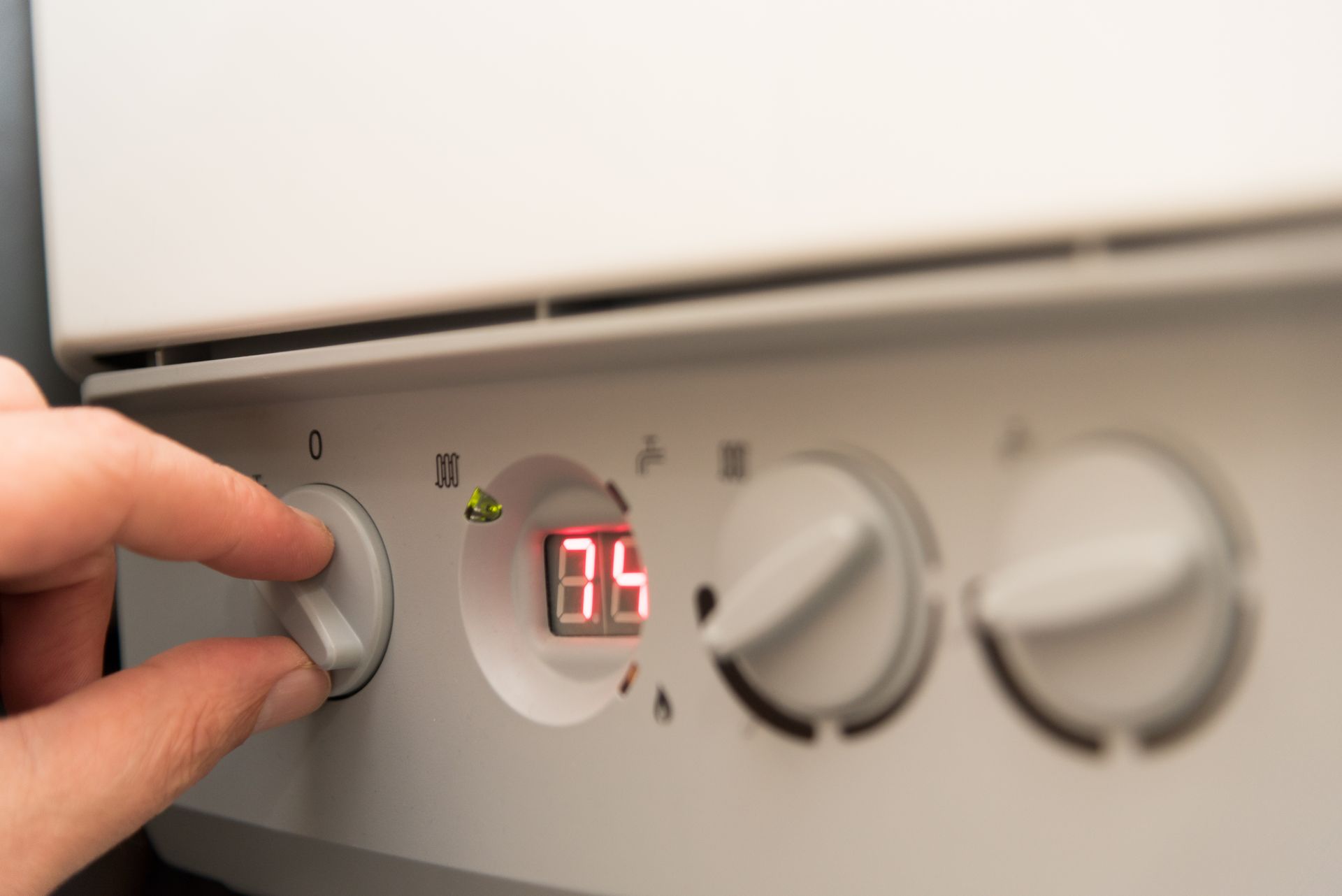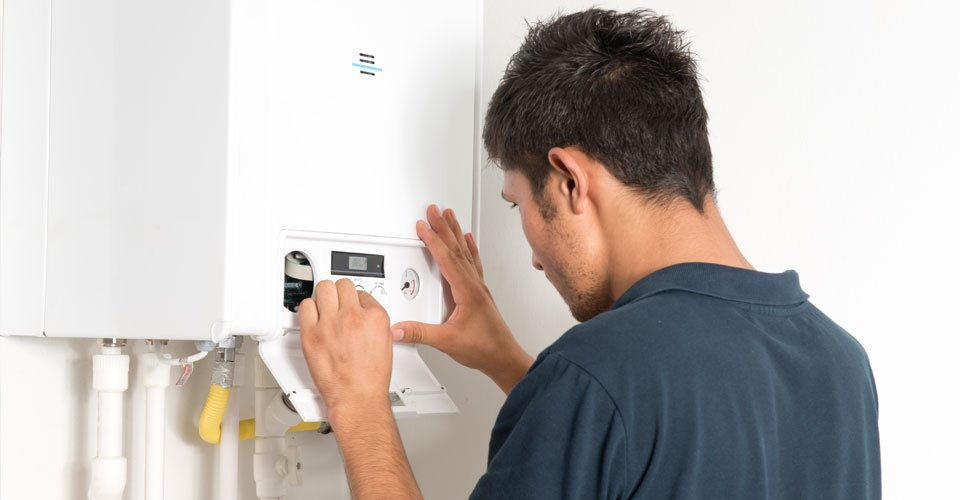Blog
Pro-Gas Hull - Blog
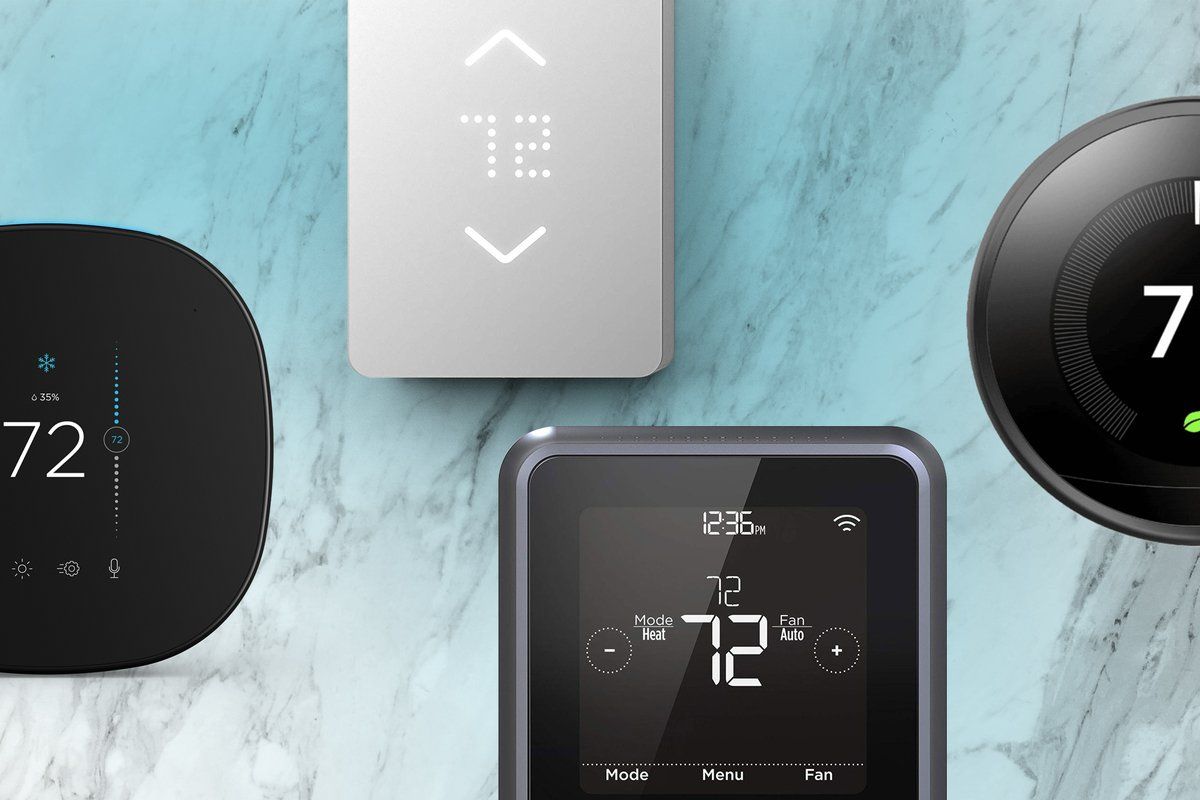
By Adam GIll
•
25 May, 2020
So what IS a smart thermostat? You probably remember the catchy jingle from the Hive adverts when they launched a few years ago, and they do pretty much what they say on the tin. Connecting to the boiler in the first instance, the thermostat tells the boiler when to turn on the central heating, at what temperature and how long for. Smart thermostats then use the internet to sync to a website or mobile app so that the heating can be managed from anywhere with an internet connection. Most providers also give the user access to information which can help them to save money by showing trends and suggesting smarter ways to use your heating. Are they expensive? Depending on the brand and capabilities the price can vary quite a lot. However, a smart thermostat can be bought for around £150-£300, a cost which you should be able to save from your energy bills through the coming months or year. Should I buy one? The biggest perk of a smart thermostat is using it away from the home. If you’re looking for a way to track your energy uses there are more cost effective devices for this, so if you’re home most of the time it’s likely an unnecessary investment. The main sell is that you can turn the heating off from the airport if you forget to before leaving for a holiday. You can also turn it back on as you set up to come home to ensure the house is warm for you when you walk in. The same goes for impromptu overnight stays with friends or family or even if you’re leaving work later or earlier than expected. Having this control does and has saved thousands of happy customers a lot of money. Which smart thermostat is best? There really isn’t a fix all answer for this one. If you need help picking the right device give our team a call, once we know what you want to achieve and your budget we can put together a free, no-obligation quote to solve your problems. There are four market leaders though which generally are the ones most worth working with. They are well developed and tried and tested with good warranty and support options. Google’s smart thermostat, the Nest Learning Thermostat, and tado both have artificial intelligence to enable them to make decisions for you based on your behaviour. It monitors your heating settings in the beginning then maintains them for you going forward whilst giving of course an override option. British Gas’ Hive and ScottishPower Connect are more about user control, whilst giving a large array of data to their users to help them make smart decisions, they take the passenger seat and require full user management. These devices suit a more sporadic and spontaneous lifestyle better than the former. Will I definitely save money? If you take the time to manage the device properly then chances are the answer is yes. According to tado, its smart thermostats will help customers save an average of 31% on their heating costs – about £200 a year. ScottishPower on the other hand, claim that they could save you around £337 a year if you spend about around £200 a month on your heating. Ok, I’m sold! ...What now? Give the Pro-Gas team a call so we can talk to you about your options and take you through the next steps!
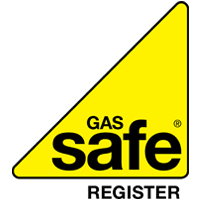
By Adam GIll
•
05 Feb, 2020
Thinking of renting out your property? More and more of us are taking this route, but it's important to remember that being a landlord comes with a long list of responsibilities and obligations - and near the top of that list is Gas Safety. As a landlord, it is your responsibility to ensure the safety of your tenants when it comes to any gas appliances installed in the property. Whether you're a new landlord, or someone that is already renting out a property who just wants to brush up on their legal obligations, we’ve created this brief guide to help you make sure you’re doing everything you need to. Who is a landlord? Under the Gas Safety Regulations 1998, and landlord is anyone who rents out a property, or part fo their property, under a lease of less than 7 years. So even if you’re just renting out your spare bedroom, or letting your home out on Airbnb for the week whilst you’re on holiday, you are legally considered a landlord – and these obligations apply to you. So what are my responsibilities? As a landlord, you must: Repair and maintain gas pipework, flues and appliances in safe condition Ensure an annual gas safety check on each appliance and flue Keep a record of each safety check Can I delegate responsibility to my tenants? In a word: no! It is your responsibility to ensure that your property is Gas Safe. Can anyone carry out a Gas Safety Check? Again, no. The regulations state that ONLY a Gas Safe registered engineer may carry out a gas safety check. You should always check the registration card of the engineer that visits you to carry out the check. You can check our credentials on the Gas Safe Register here . Is there any support to help me make sure I’ve done everything right? Yes, lots! Both the HSE website and the Gas Safe Register offer lots of advice and guidance for landlords You can ring the Gas Safety Advice Line on 0800 300 363 Or you can call us here at Pro Gas – we have lots of experience in the field, and our Gas Safe Registered engineers can guide you through everything you need to do!
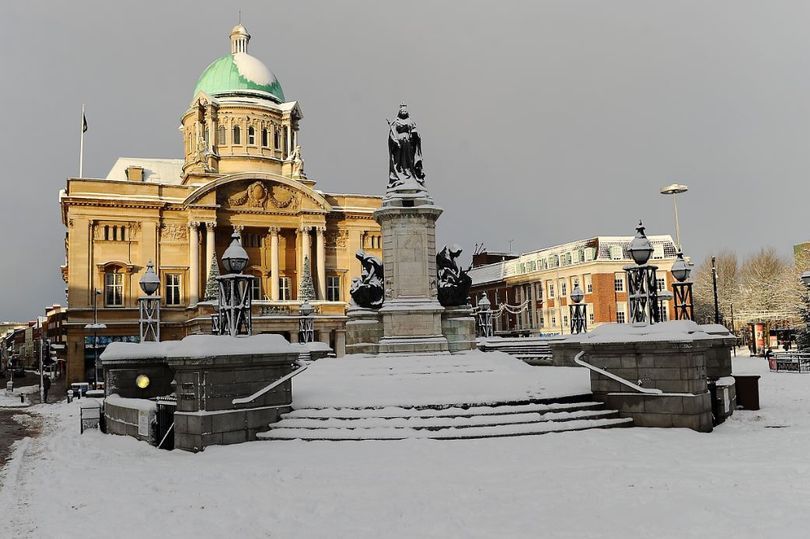
By Adam GIll
•
11 Jan, 2020
Well, we didn't get a White Christmas this year - and it's looking unlikely that we'll see anything like the scene above in Hull in the coming month! All the same, Britain experiences more cold weather in January and February than it does in November and December - so it's as important as ever to keep your heating happy until that cold weather is well and truly gone. Many of us are also trying to tighten our belts after the Christmas splurge - so there may be savings we can make too. So what can you do? Adjust your heating times If you've had your heating set to come on for hours at a time to keep the house warm over Christmas, now is the time to think about reducing those hours. Make sure the heating is only coming on when you need it - you can always change it again if we get a cold snap! You might not have even noticed your heating coming on when you're asleep, or out of the house, but by regularly checking and adjusting your heating settings, you can make significant savings. Check your fuel We might not be experiencing sub-zero temperatures this year - but the winter is far from over! If you're on an oil system, make sure you have plenty of oil in the tank. The same goes for solid fuel, from coal fires to wood-burning stoves. If you have elderly relatives or neighbours, don't forget to help them to check too. Check individual radiators You've probably had your heating on in the spare rooms if you've had family visiting for Christmas - but if those rooms are sitting empty again now, make sure the radiators are turned off. You can save a lot of money by only heating the rooms that need to be. Get your boiler serviced Your boiler has put in some serious work so far this winter - so if you didn't get around to getting it serviced before winter started (or even if you did!) now's a great time to give it a once over and check for any problems. Give Pro Gas a call today on 01482 792705 and we'll come out and take care of it.

By Adam GIll
•
18 Dec, 2019
There are two ways in which gas appliances can cause a major problem in your home: Natural gas leaks – when either the mains gas supply to an appliance is compromised, or the appliance itself develops a leak Carbon monoxide poisoning – usually caused by incorrectly installed, poorly maintained, poorly ventilated or faulty appliances What is carbon monoxide? Carbon monoxide is a waste product that is produced when fuel burns incompletely due to a fault in the appliance, and can build up in the home due to insufficient ventilation. Carbon Monoxide is sometimes known as “the Silent Killer”, because it is very hard to identify, with many of the symptoms such as headaches and tiredness simply being written off as normal – and make no mistake, carbon monoxide (CO) can kill. Symptoms of carbon monoxide poisoning People and pets can become seriously unwell due to exposure to carbon monoxide. Look out for the following signs and get help ASAP if you notice: Shortness of breath Feeling dizzy, tired, lightheaded or drowsy Flu-like symptoms Migraines or headaches Sore eyes and/or throat, Feeling depressed Nausea Nosebleeds Chest pain Reduced appetite Tinnitus Keep an eye on pets too for the above symptoms, especially if they faint or become unconscious, and call us immediately if you think you may have a problem with carbon monoxide in your home. How can I prevent carbon monoxide poisoning? Carbon monoxide detectors are readily available and should detect a buildup of CO before it becomes dangerous. We can advise you on these, and fit them for you too Appliances must be regularly maintained and serviced -faulty appliances are the single biggest cause of carbon monoxide in homes Ensure that your appliances are checked by a Gas Safe Registered engineer – when your health, or even your life is on the line, it’s no time to cut corners! Ensure appliances are properly ventilated. Blocked flues and vents are a common cause of CO buildup in the home. Call Pro Gas Services today on 01482 792705 and arrange an appointment to have your gas appliances professionally checked!
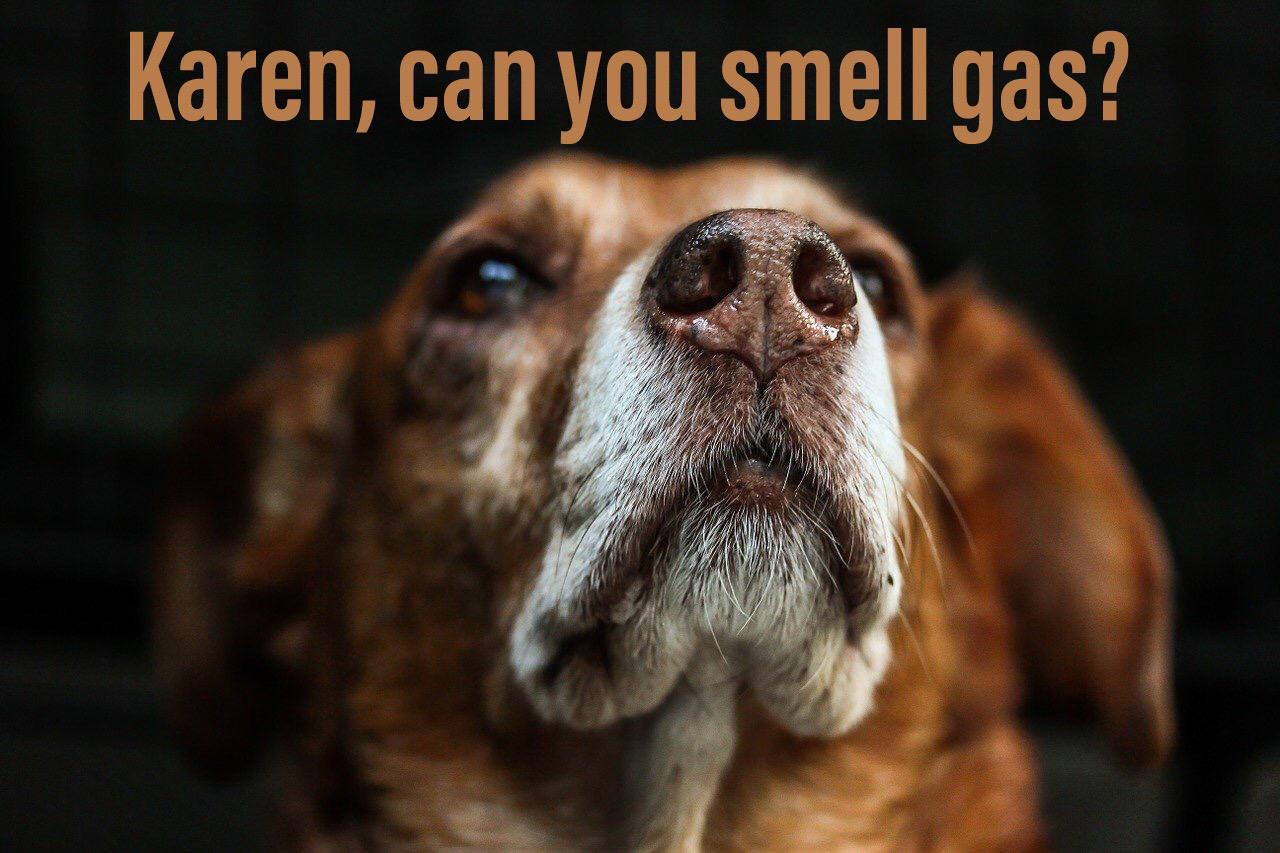
By Adam Gill
•
18 Dec, 2019
There are two ways in which gas appliances can cause a major problem in your home: Natural gas leaks – when either the mains gas supply to an appliance is compromised, or the appliance itself develops a leak Carbon monoxide poisoning – usually caused by incorrectly installed, poorly maintained, poorly ventilated or faulty appliances There are a number of signs to look out for to warn you of a natural gas leak Minor natural gas leaks may be tricky to notice as there may not be enough gas for the resident to smell it, however there are other ways to tell that something isn’t right. Gas is highly explosive and detecting a leak can save lives. Familiarise yourself with the signs. You may notice: * The smell of sulphur or rotten eggs * A sound of gas escaping near pipes or appliances * A damaged gas pipe * Houseplants dying all at once * Higher gas bills due to leak If you think you have a natural gas leak: * Get everyone, including pets, out of the property ASAP * Don’t turn on or off any electrical devices including phones, torches, tv, kettles etc. * Turn off the gas mains if able, ensure any gas devices have been switched off too * Open windows and doors to ventilate the property * Call the national emergency gas line on 0800 11 999. Most gas leaks are due to a poorly-fitted appliance – if the hose supplying gas from the mains to the appliance hasn’t been installed correctly, gas can leak from around the seal into your home. Gas appliances should only EVER be installed by a Gas Safe Registered installer . Call us now to check your gas appliances to ensure this doesn’t happen to you!
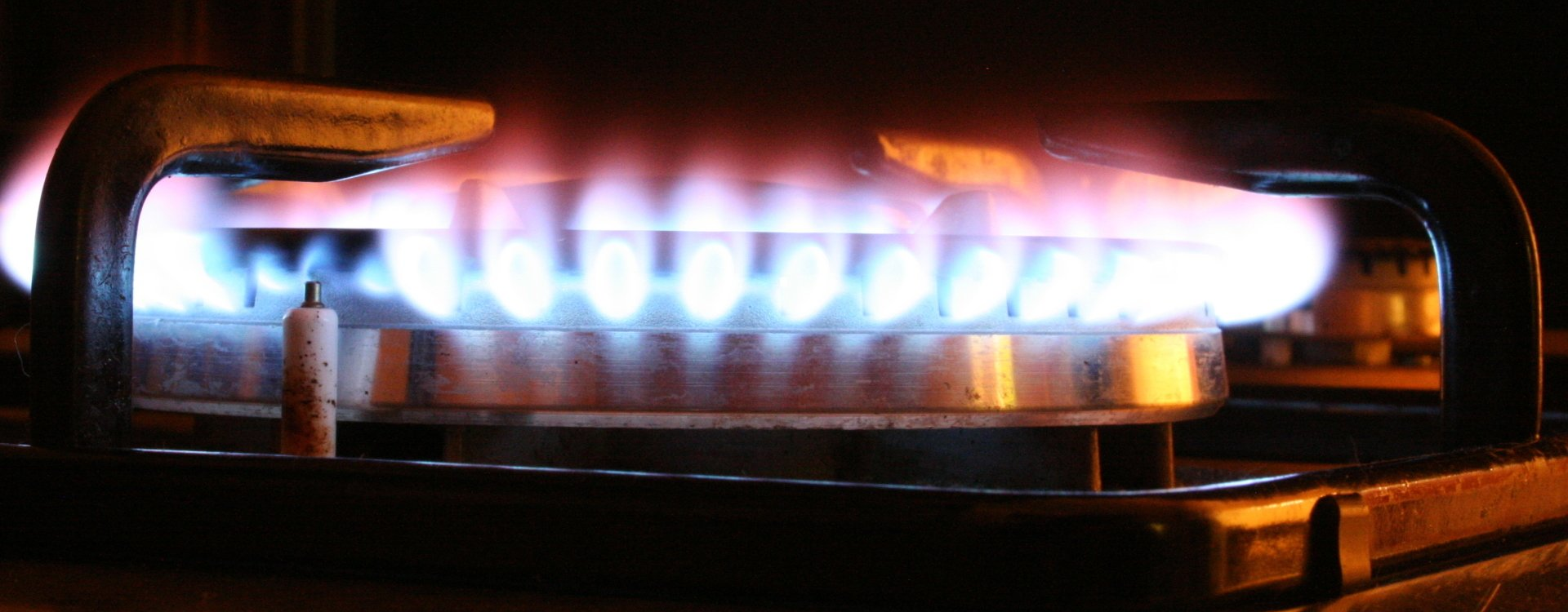
By Adam GIll
•
11 Aug, 2019
Gas is extremely flammable and as such, a gas leak is cause for great concern. Gas is not visible when it is leaking, however it does have a distinctive smell which is normally the first warning sign that there may be a gas leak. How do I know if I have a gas leak? Normally people are made aware of a leak by the smell, however, if the leak is slow, you might not notice the smell; in this case you may notice that you or your family are suffering with headaches, feeling lightheaded, dizzy or nauseous when around the home or after being home for a period of time but find that symptoms ease when away from home. Should this happen, call a Gas Safe engineer or the National Gas Emergencies number (24hr line: 08000 111 999) for advice. What should you do if you smell gas? Firstly, evacuate the building, ensuring no one is left behind, however, do not turn any appliances or lights on or off as this may cause a spark. Once you are in a safe place, away from the leak, call the National Gas Emergencies number immediately on 0800 111 999. If you are able to do so safely, leave any windows or doors open to ventilate the area as quickly as possible - again, do not use any electrical appliances such as fans or extractors. If it is safe to do so, you may want to check any appliances around you to see if they have been accidentally left on. If they have, turn them off immediately, if they haven’t, see if you can get access to the main supply to turn it off. If you can still smell gas outside of the property, it may well be justified to speak to your neighbours and have them evacuate the area too whilst you await the attending engineer. The National Gas Emergencies team will send an engineer urgently who will be able to isolate the supply if you have not been able to, then identify and repair the source of the leak. Anyone who feels unwell after being exposed to gas should visit an emergency care centre or poison centre immediately and advise the medical staff that they may have carbon monoxide poisoning. In Short - The Do’s of Gas Leaks ⁃ Advise everyone in the property and evacuate as soon as possible - anyone who feels unwell should seek emergency care as soon as possible ⁃ Remove pets from the property and ensure they are safe and in fresh air - monitor them for signs of carbon monoxide poisoning ⁃ Turn off the gas supply at the mains if you are able ⁃ Ventilate as much as possible without using electrical appliances ⁃ Call for help (National Gas Emergencies 0800 111 999) ⁃ Follow any instructions the call handler gives ⁃ Stay safe and out of the building In Short - The Don’ts of Gas Leaks ⁃ Don’t smoke or use e-cigarettes in an area contaminated with leaked gas ⁃ Use any electrical or battery powered devices, the simple act of turning off a light could cause a spark and ignite leaked gas ⁃ Go back into any buildings until a Gas Safe engineer advises it is safe to do so Preventing Harm from Gas Leaks The best way to protect and premises with a gas supply is with a carbon monoxide alarm. These compact devices look similar to a standard household fire alarm and can be wall or ceiling mounted in any room with gas appliances. These devices are very affordable and can detect gas leaks much sooner than most humans can. Pro Gas Services provide a full Carbon Monoxide Alarm fitting service so you can be sure your alarm is placed correctly to operate optimally. Typically a gas leak is the result of a faulty appliance or a leak from the gas pipes, however, there is a risk that gas leaks can be caused by carelessness. Watch for the spark When lighting a gas appliance, such as a hob, or gas oven, ensure the element is fully lit and that parts are in the correct position, so as not to become a hazard. When using gas appliances, ensure you regularly check the flame is still ignited, especially if using for a long period of time. Never leave a gas appliance on unattended such as whilst you are out of the house or asleep, it is also important to ensure that children and vulnerable adults do not have access to turn on the gas supply to appliances. Ensure Gas Appliances are serviced regularly, if you are a tenant, your landlord must arrange and pay for a gas safety check every year. If you are not a tenant, you should arrange your own gas safety checks - our gas safety checks start from just £50, which is a small price to pay for peace of mind. We supply all the relevant paperwork for all gas safety checks, whether you are a landlord, a business owner or homeowner. If you have any questions or concerns regarding gas leaks, feel free to give us a call and speak to one of our Gas Safe registered engineers.
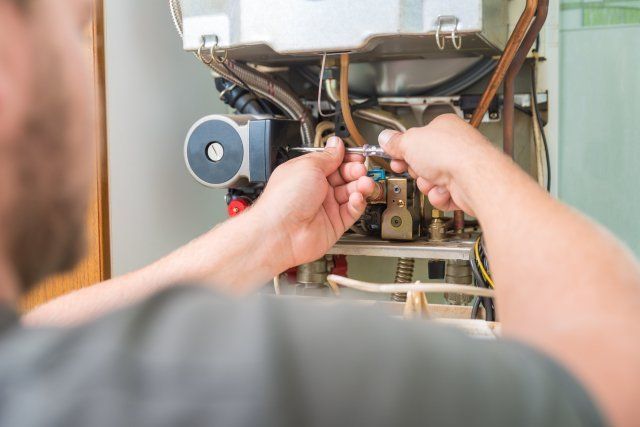
By Adam GIll
•
11 Aug, 2019
In the UK and Northern Ireland, to carry out works on any gas appliance a company and each of the individual engineers must be Gas Safe registered. Gas Safe are responsible for checking the competency and knowledge of a person who would like to undertake works with gas appliances, the body are also responsible for the renewals of Gas Safe status along with the investigation and prosecution of persons undertaking illegal gas works. Gas Safe is run by the HSE (Health and Safety Executive) who are responsible for enforcing legislation and regulations to prevent accidents and incidents as a result of work-related tasks. How does an engineer become Gas Safe registered? Unsafe gas works pose a serious threat to both life and assets, therefore achieving a Gas Safe registration is not simply an application. An engineer must in the first instance sit an approved qualification and display their understanding and competency, once they have done this, they are offered a three-month probationary registration. During the three-month probation period, all gas works must be reported to Gas Safe so they may be assessed, after which, if the Gas Safe body are happy, they will allow the engineer full registration. After this, a gas engineer must reapply for registration every 12 months to ensure their competency and understanding are up to date and in line with industry standards. What are the risks of using an engineer who is not Gas Safe registered? An engineer who is not Gas Safe registered, whether they have previously been before or not, poses serious threat to life. In each renewal, gas engineers are tested on the most current methods of safe practice, therefore, an engineer with an expired registration may be missing some vital information which could pose a significant risk of gas leaks. An engineer who has never been Gas Safe registered is even more dangerous as they have no proof of having ever understood the risk and requirements of safe gas work. How do I check someone is Gas Safe registered? Gas Safe ID Before allowing an engineer to commence any works, you should ask to see their Gas Safe ID card. Their ID card should clearly show the engineer’s photo, the license number and its start and end dates, a security hologram and the business with which the engineer is associated with on the front. The back of the ID card will show the work the engineer is qualified to carry out and their current qualifications. All our engineers will have their ID on them at all times, please don’t be afraid to ask them, we understand the importance of gas safety. You can find more information regarding the Gas Safe ID card here: https://www.gassaferegister.co.uk/help-and-advice/understand-the-gas-safe-id-card/ Gas Safe Register To prevent fraudulent Gas Safe ID Cards being used for illegal works, the Gas Safe register is available to the public online here: https://www.gassaferegister.co.uk/find-an-engineer/. You can search by business name, business registration number, engineer license number or by simply entering your postcode and finding all Gas Safe registered engineers and businesses in your local area. You’ll find our Gas Safe registration for Pro Gas here: https://www.gassaferegister.co.uk/find-an-engineer/check-a-business/?id=U82fzXtBP6IedbA8XgPYUw%3d%3d What if I suspect someone is operating without a Gas Safe registration? You have the right to refuse an engineer access to your property if they are unable or unwilling to. You should also report them as soon as possible to Gas Safe by following this link: https://www.gassaferegister.co.uk/help-and-advice/complaints-report-an-illegal/ If the engineer you suspect has already commenced or completed gas works, contact a Gas Safe registered business as soon as possible for a safety check. Understand the Gas Safe ID card All Gas Safe registered engineers carry a Gas Safe ID card. Make sure you know what you're looking for when checking the card. gassaferegister.co.uk
Quick & Reliable
We are available 24/7 via email or telephone
© 2024
All Rights Reserved | Pro Gas Services (Hull) Ltd


